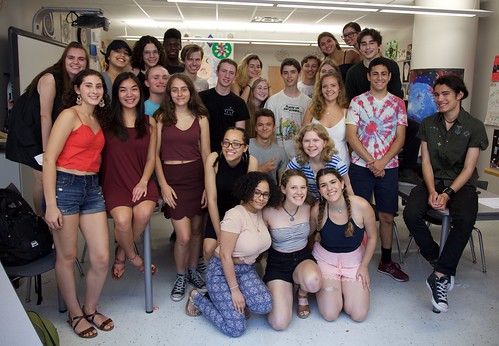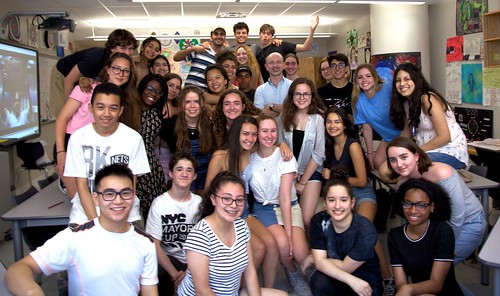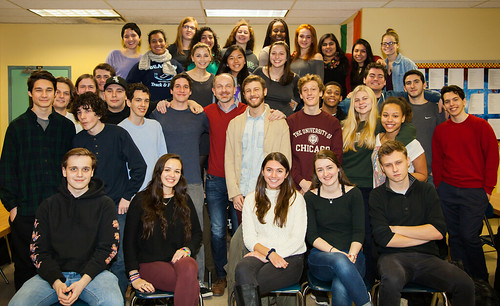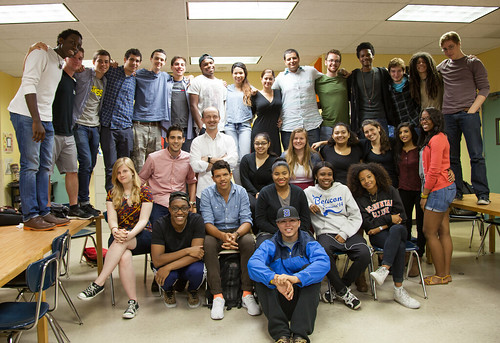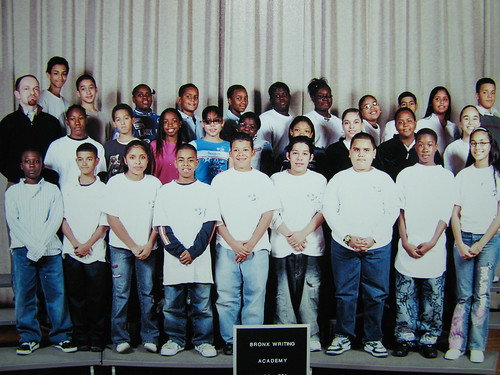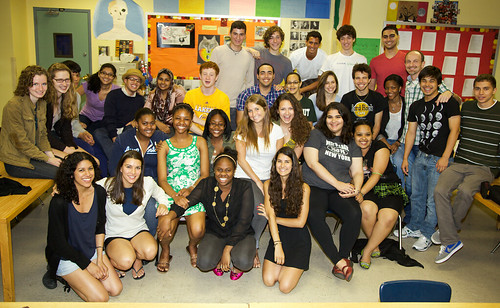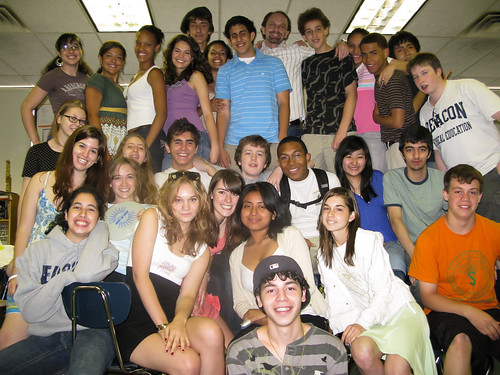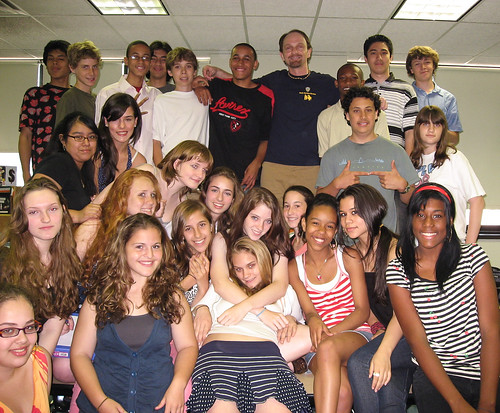1. Print out and annotate the following two poems. Focus your annotations on sound and theme!
Stopping by Woods on a Snowy Evening by Robert Frost
Do Not Go Gentle Into That Good Night by Dylan Thomas
2. Tongue Twister–Get funky with alliteration, assonance, and consonance and create your own Tongue Twister. Let’s have fun with this!
3. Six Word Poem/Story–finalize your six word poem/story! Please print these neatly on any size paper up to 8×11! NEATLY! I would like to post these, so feel free to get funky creative in presentation!
4. Closely review the poetic terms and poetry fundamentals handouts!!!











































































































